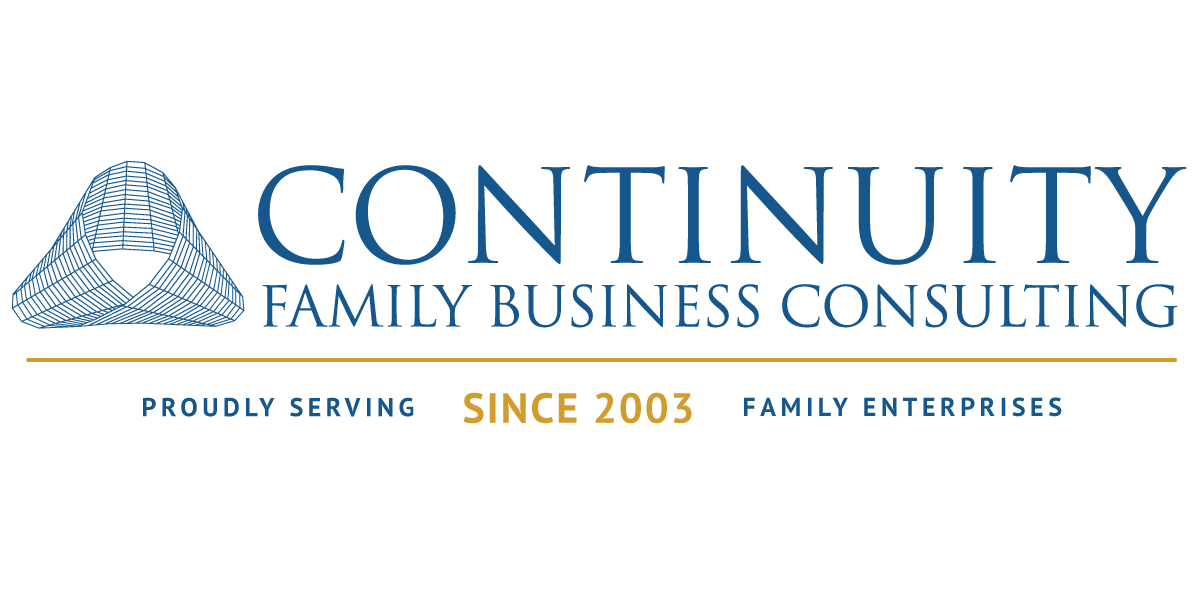Myth #1: A Family Business Experiencing Conflict Is “Dysfunctional”
It is only through being challenged by conflict that we learn, grow and advance as individuals, families, companies and societies. Therefore, a healthy family system processes conflict constantly. Well-managed conflict can lead to new approaches, innovative strategies, and resilience. In a family business, it is completely normal for deeply-caring individuals to struggle in coming to consensus over the governance, succession and growth of their enterprise. Sometimes, external factors that are beyond a family’s control can cause stress and conflict in their company. While there are no easy answers, it is absolutely possible for families to learn to manage family business conflict in constructive ways that ensure the success of their families – and their businesses.
Myth #2: A Family Business That Never Has Overt Conflict Is in Optimal Shape
The absence of overt conflict is often a cause for concern since it usually indicates that families are ignoring or avoiding difficult conversations because they worry that they will lead to disagreements. When families spend a lot of energy avoiding conflicts, it can often drain their enterprise of innovation and resilience, leaving them “stuck” in patterns that may no longer serve them well.
A stuck family system will miss valuable opportunities, because paralysis often prevents important decisions from being made (e.g. planning succession to the next generation, growing the business, adapting to new economic circumstances.) Furthermore, a stuck family can ultimately experience more severe strife and infighting than if they had acknowledged their differences earlier on and found ways to manage them.
Myth #3: Conflict at Work is Just About Work
Being family often complicates the management of conflict in business. In addition to managing the substantive business issues at hand, family members are trying to negotiate how they will stay together as a family in the process. Disputes in family enterprises are unique because these continuing relationships matter greatly, and parting ways is usually not an acceptable outcome for most family members.
Emotions run high in every family, and these emotions are amplified when a family experiences conflict over running the business. Sibling rivalry and complex struggles over power-sharing – along with rebellion – are all normal family processes that don’t show up in the average business, but they are common phenomena in family businesses. Ultimately, failing to acknowledge and manage the unique family aspect of these conflicts will lead to greater discord, and the wasting of precious business resources like time, money, human capital and the family’s good name.
Myth #4: Family Members are the Only Ones Suited to Understanding and Handling Their Conflicts
While family members are most-definitely the experts on what is going on in their family business, being stuck usually comes with limited ability to see beyond themselves and find creative ways to move forward. In these situations, a trusted outside party can often offer new ways of analyzing the data and looking at the big picture. Seeking outside help with assessing and managing family conflict can enable stakeholders to gain new understanding and perspectives on their conflicts and work together to find ways to move forward.
Myth #5: Family Business Conflicts Need to Be Severe to Benefit from Conflict Management Guidance
When families gather to brainstorm and problem-solve in less stressful times, they often can discuss more “loaded” topics and better plan how they might handle a situation when it unexpectedly arises. This is a golden opportunity for forward-thinking families to convene and use their strengths and talents to plan for the future. There are many strategies and tools that families can deploy to help them manage unanticipated conflict and ensure that their enterprise will run smoothly.
Our experts wrote the book on conflict in family business and affluent families. We can help.
About Us
Continuity Family Business Consulting is a leading advisory firm for enterprising families. Using a full suite of service capabilities, we help families prevent and manage the single greatest threat to family and business continuity: conflict. It is through this lens that we advise our clients and build customized strategies for succession planning, corporate governance, family governance, and more. We help families improve decision making, maximize potential and achieve continuity. To inquire, visit https://continuityfbc.com/contact-us or call (617) 500-3110.


